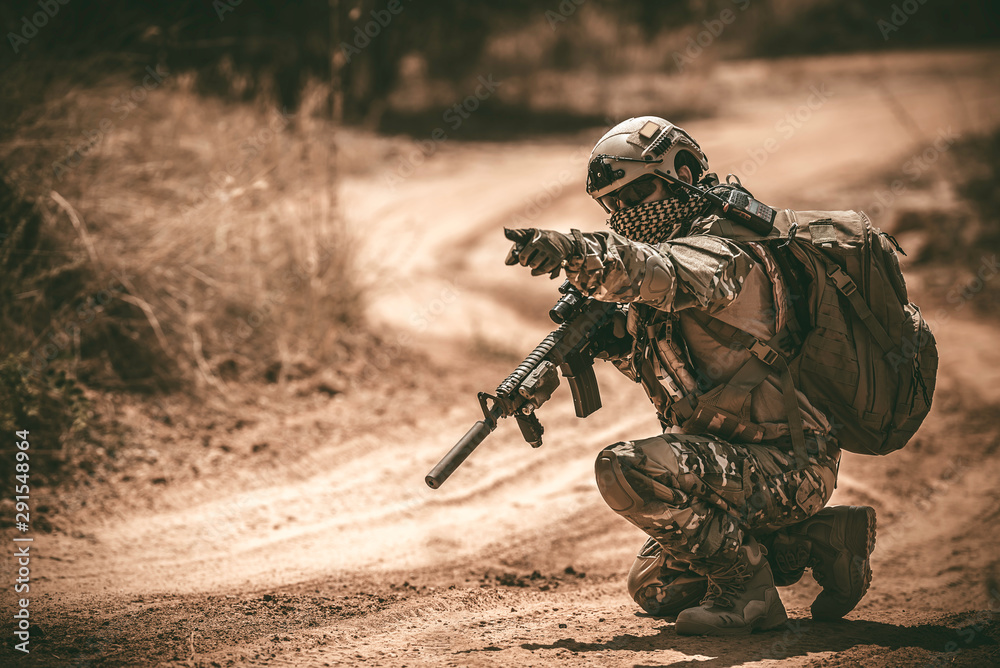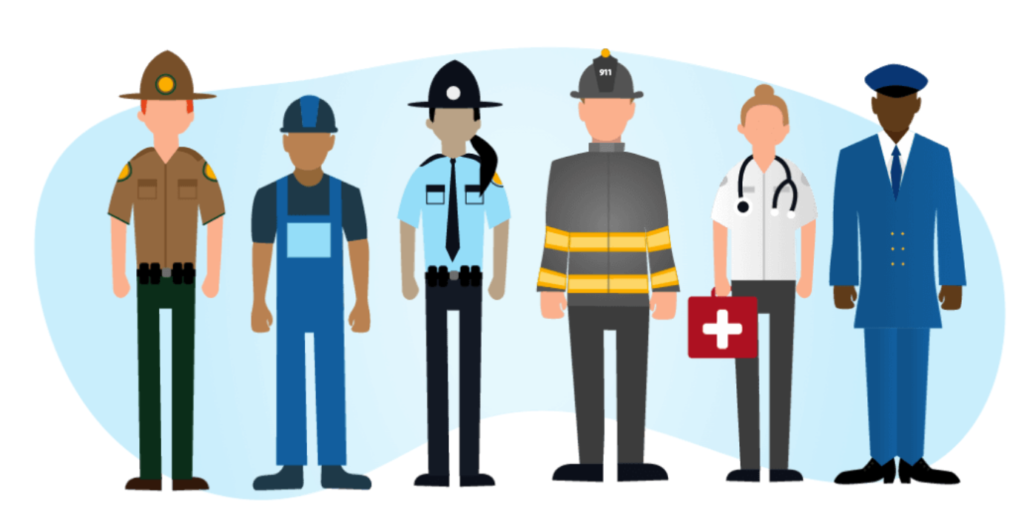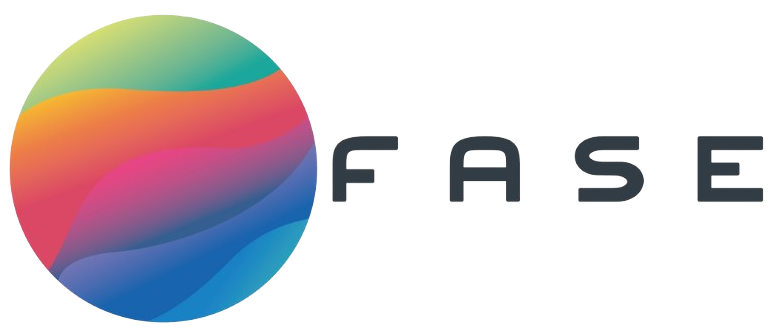

For veterans and first responders, the journey doesn’t end when they come home from combat or step back from the frontline. These individuals often carry unseen scars that linger long after the initial trauma—scars that impact their mental health, relationships, and ability to thrive. Post-Traumatic Stress Disorder (PTSD) affects an estimated 20% of veterans from recent conflicts and 30-40% of first responders, according to recent studies (U.S. Department of Veterans Affairs, 2020).
In recent years, MDMA therapy and psilocybin therapy have emerged as groundbreaking PTSD treatment options, especially promising for those who’ve experienced trauma in high-stakes roles. These psychedelic-assisted therapies are gaining momentum not only for their effectiveness in treating PTSD but also for unlocking deeper healing in a safe, controlled environment. Let’s explore how MDMA and psilocybin represent a new path to recovery for veterans and first responders with PTSD.
1. The Unique Challenges of PTSD in Veterans and First Responders
PTSD isn’t just a term; it’s an experience that alters the lens through which people see the world. Veterans and first responders are exposed to high-stress, life-threatening situations that can leave a lasting impact on their mental health. Unlike civilians, these individuals face repeated trauma, often resulting in compounded PTSD symptoms that are difficult to treat with standard therapy alone.
A report by the U.S. Department of Veterans Affairs reveals that nearly one in five veterans of recent conflicts report PTSD symptoms (U.S. Department of Veterans Affairs, 2020) and studies estimate 30-40% of first responders suffer from PTSD (International Association of Firefighters, 2019). This trauma can manifest as severe anxiety, flashbacks, depression, and even suicidal thoughts. Standard PTSD treatments, including cognitive behavioral therapy and medications, have helped some; however, they don’t always address the deep-rooted causes of trauma, leaving many to search for more profound mental health solutions.
MDMA therapy and psilocybin therapy offer hope by addressing trauma on a deeper level than traditional PTSD treatments. By creating new neural connections and reducing defensive barriers, these treatments help veterans and first responders access parts of themselves that are often locked away due to fear or distress.
2. How MDMA Therapy Works: A Breakthrough PTSD Treatment
MDMA, used here in its pure, therapeutic form, has become a promising PTSD treatment due to its unique effects on the brain and emotions. In clinical settings, MDMA is administered carefully in a controlled dose and environment, with supportive guidance from a trained therapist. This controlled environment allows individuals to confront difficult memories without the overwhelming flood of fear and anxiety that often comes with PTSD.
MDMA therapy works by increasing the release of serotonin and oxytocin—chemicals associated with feelings of trust, empathy, and openness. This allows veterans and first responders with PTSD to revisit and process trauma in a safe, supportive environment. A groundbreaking study by the Multidisciplinary Association for Psychedelic Studies (MAPS) found that 67% of participants who underwent MDMA-assisted therapy no longer met the criteria for PTSD afterward (MAPS, 2021). These results have led the FDA to grant MDMA “Breakthrough Therapy” status, a classification given to treatments showing significant clinical promise (FDA, 2017).
The stories of veterans and first responders who have participated in MDMA therapy reflect its transformative potential. Many report not only relief from PTSD symptoms like intrusive memories and hypervigilance but also a newfound sense of peace and connection. One former Marine described it as “the first time I felt the weight lifted from my chest” (MAPS, 2021). The ability to access trauma without fear and integrate it into a healing journey is what makes MDMA therapy a groundbreaking PTSD treatment.
3. The Power of Psilocybin Therapy: Promoting Neuroplasticity and Emotional Healing for PTSD
Psilocybin, the active compound in certain mushrooms, is another natural ally in the treatment of PTSD. Known for its ability to enhance neuroplasticity—the brain’s capacity to form new connections—psilocybin therapy offers individuals a fresh perspective on deeply ingrained trauma and emotional patterns. In therapeutic settings, psilocybin is taken in a controlled dose under professional guidance, allowing participants to access parts of their psyche often hidden behind the walls of PTSD.
Research from Johns Hopkins University suggests that psilocybin therapy can reduce PTSD symptoms by as much as 80% in some participants, and the effects often persist long after the session (Johns Hopkins, 2020). This lasting impact is crucial for those with PTSD, as it allows them to reframe their trauma, creating space for acceptance and healing. Psilocybin therapy helps individuals “rewrite the story” of their trauma, fostering feelings of peace, self-compassion, and emotional release.
For veterans and first responders with PTSD, psilocybin therapy can be especially powerful. A firefighter who participated in a clinical trial described his experience as “finding a path back to myself” (NYU Langone Health, 2019). By creating a safe space for emotions long buried, psilocybin therapy helps individuals move forward with reduced PTSD symptoms and greater resilience.
4. The Lasting Impact of MDMA and Psilocybin Therapy for PTSD
For many veterans and first responders, the effects of MDMA and psilocybin therapy are more than temporary—they’re transformative. Unlike traditional PTSD treatments that often require ongoing medication or therapy, MDMA and psilocybin therapy can create long-lasting changes, helping individuals reframe their trauma and regain a sense of normalcy.
One study following participants of MDMA-assisted therapy found that 75% continued to experience reduced PTSD symptoms a full year after their sessions (MAPS, 2021). This enduring relief is invaluable for veterans and first responders with PTSD who have struggled with conventional treatments. By reducing the emotional intensity around traumatic memories, these therapies help people live without constant hypervigilance, anxiety, and emotional numbness.
The testimonies of those who have undergone these therapies are powerful. One firefighter shared, “For the first time in years, I felt like I could breathe again. I could feel joy, I could sleep, I could laugh with my family” (NYU Langone Health, 2019). Such experiences reveal the profound emotional shifts these therapies can unlock, offering not only symptom relief but a new outlook on life.
Veterans have also described similar experiences, with many expressing that MDMA and psilocybin therapy helped them reconnect with their loved ones and regain control over their lives. For one former soldier, MDMA therapy allowed him to “close the chapter” on traumatic events that had haunted him for years (MAPS, 2021).
5. The Future of Psychedelic Therapy for PTSD
The success of MDMA and psilocybin therapy in clinical trials has sparked a wave of interest in their potential to revolutionize PTSD treatment and mental health care. With the FDA’s “Breakthrough Therapy” designation for MDMA and promising research into psilocybin therapy, these psychedelic treatments are on a path toward mainstream acceptance. As more studies confirm their safety and effectiveness, MDMA and psilocybin could soon become widely accessible for PTSD treatment, particularly for veterans and first responders.
Several cities and states have already decriminalized or legalized psilocybin in therapeutic settings, acknowledging the need for alternative PTSD treatment options (Decriminalize Nature, 2020). And as organizations like MAPS continue to advance clinical trials, we may soon see MDMA-assisted therapy available for those who need it most. This progress brings hope to veterans, first responders, and others who have long struggled with PTSD.
Conclusion: A Path to Hope and Healing for PTSD
For veterans and first responders, the journey of healing from PTSD is rarely straightforward. But with the development of MDMA and psilocybin therapy, many are finding new pathways to reclaim their lives. These psychedelic therapies offer more than temporary relief; they provide a chance to reconnect with loved ones, rediscover joy, and build resilience. As research and clinical trials continue, the potential for MDMA and psilocybin to become accessible, effective PTSD treatments brings hope for a future where those who have served and protected us can find the healing they deserve.



